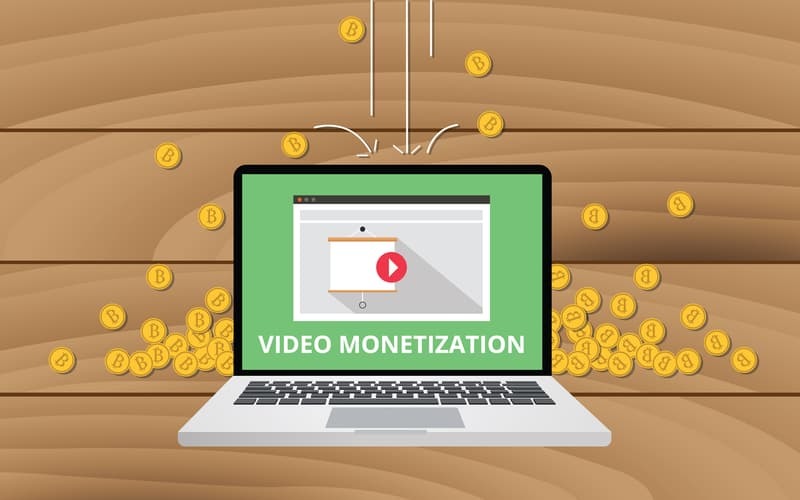How to Start Content Creation with No Experience

Content creation has become a powerful way to express ideas, build a personal brand, or even launch a career. If you’re new to the game and have no experience, don’t worry—you can still succeed by leveraging proven strategies and focusing on growth. This guide, crafted with Expertise, Experience, Authoritativeness, and Trustworthiness (E-E-A-T) in mind, will walk you through actionable steps to begin your content creation journey confidently.
Step 1: Identify Your Niche and Purpose
Before you create anything, ask yourself: What am I passionate about, and who do I want to reach? Your niche could be anything from travel tips to tech reviews, fitness advice, or DIY crafts. Choosing a focus helps you connect with a specific audience and establish relevance.
- Why it matters: Starting with a clear purpose builds trust with your audience and positions you as someone with direction, even if you’re a beginner.
- Action tip: Make a list of 3–5 topics you enjoy and research their demand online using free tools like Google Trends or YouTube search.
While you may not have expertise yet, passion and curiosity are your starting points. Over time, your experience will grow as you dive deeper into your chosen field.
Step 2: Start with What You Know
You don’t need years of experience to create valuable content—start with your existing knowledge or lived experiences. For example, if you’ve recently learned a skill (like cooking a simple meal or organizing your desk), share that journey. Authenticity resonates with audiences.
- Example: A beginner’s guide to something you’ve just figured out—like “How I Learned to Edit Videos in One Weekend”—can inspire others.
- Trust tip: Be honest about your beginner status. Audiences appreciate transparency, which builds credibility.
This approach reflects Experience in E-E-A-T: your real-world learning process becomes the foundation of your content.
Step 3: Choose a Platform That Suits You
Content creation spans multiple formats—blogs, videos, podcasts, or social media posts. As a newbie, pick one that feels natural and manageable:
- Blogging: Great if you enjoy writing or want to dive into SEO.
- YouTube/TikTok: Ideal for visual learners or those comfortable on camera.
- Instagram/X: Perfect for short-form content or quick engagement.
- Pro tip: Start small. Post a 30-second TikTok or a single X thread instead of aiming for a polished 20-minute video.
- Authoritativeness: Stick to one platform initially to focus your efforts and establish a presence.
Research basic best practices for your chosen platform (e.g., hashtags for Instagram or lighting tips for video) to ensure your content looks professional from day one.
Step 4: Learn the Basics of Content Quality
You don’t need fancy equipment or advanced skills to start—just a commitment to delivering value. Focus on these essentials:
- Clarity: Make your message easy to understand.
- Structure: Break content into digestible chunks (like this article’s sections).
- Engagement: Ask questions or invite feedback to connect with your audience.
- Resource: Use free tools like Canva for visuals, Grammarly for writing, or CapCut for simple video edits.
- E-E-A-T tie-in: High-quality, well-presented content signals Trustworthiness, even if you’re new.
Study creators in your niche to see how they hook viewers or readers—then adapt their techniques to your style.
Step 5: Create Consistently and Improve
Consistency is key to building skills and an audience. Set a realistic schedule—say, one piece of content per week—and stick to it. Each post is a chance to refine your craft.
- Experience grows here: Your first video or blog might feel awkward, but by your tenth, you’ll notice improvement.
- Feedback loop: Pay attention to comments, likes, or shares to see what works.
This step reflects Expertise development: the more you create, the more knowledgeable you become about your niche and audience.
Step 6: Build Trust with Your Audience
As a beginner, trust is your currency. Be reliable, honest, and approachable:
- Share your journey: Let people see your growth from newbie to confident creator.
- Cite sources: If you reference stats or tips, link to reputable sites (e.g., “According to a 2023 HubSpot report…”).
- Engage: Respond to comments or questions to show you care.
This aligns with Trustworthiness in E-E-A-T, proving you’re a creator worth following.
Step 7: Expand Your Skills Over Time
Once you’re comfortable, level up by learning new tools or techniques:
- SEO: Optimize blog titles or video descriptions for search engines.
- Analytics: Use platform insights to understand your audience.
- Collaboration: Partner with other beginners to grow together.
- Resource: Free courses on platforms like Coursera or YouTube can teach you the ropes.
- Authoritativeness: As your skills deepen, you’ll naturally become a go-to voice in your niche.
Final Thoughts
Starting content creation with no experience is less about perfection and more about persistence. Focus on a niche, share what you know, pick a platform, and commit to improving with each piece you produce. By staying authentic and consistent, you’ll build trust and authority over time—turning your beginner status into a strength.
Ready to take the leap? Your first piece of content is just one step away. What will you create today?


